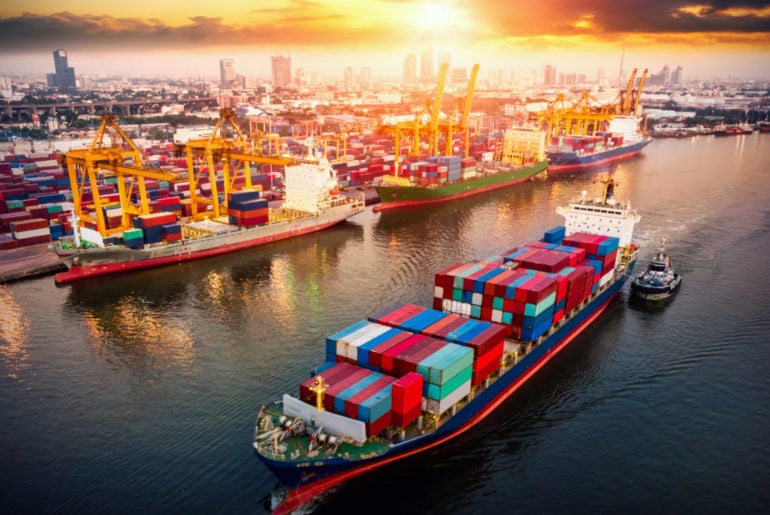The introduction of an augmented and accelerated capital expenditure deduction for the cost of constructing renewable energy infrastructure in South Africa is a boon for companies that have not yet reached their Environmental, Social and Governance goals. It provides the opportunity to undertake reportable ESG initiatives and simultaneously enjoy a reduction in tax costs. Fully leveraging this opportunity will require a comprehensive understanding of the mechanics of amended incentives and the dynamics of ESG reporting.
In late February 2023, the Financial Action Task Force (FATF) Plenary officially “greylisted” South Africa when it concluded that it would adopt the Report on South African Anti-Money Laundering and Counter Terrorist Financing Measures. Being greylisted brandishes a country as being financially unsafe, in that it has inadequate safeguards against money laundering and terrorist financing. Countries and organizations shy away from, or increase their own compliance requirements for dealing with countries that may be unable to prevent these crimes.
The main objectives of the African Continental Free Trade Area (AfCFTA) agreement are to create a single continental market for goods and services with free movement of business persons and investments, and thus to pave the way to accelerate the establishment of a customs union in the future.
The AfCFTA agreement has the ultimate goal of increasing the ease of trade and investment across African borders as well as eliminating tariffs on intra-African trade, reducing unemployment, increasing infrastructure development and creating a more competitive and sustainable environment for cross-border trade.
The AfCFTA entered into force on 30 May 2019, and trade under the AfCFTA started on 1 January 2021.
The Competition Commission of South Africa has published the Fresh Produce Market Inquiry Terms of Reference, announcing its intention to conduct a market inquiry into the Fresh Produce Market of South Africa. The Commission has identified three broad themes for the inquiry, which will address the impediments to competition and market outcomes: the efficiency of the value chain; the market dynamics of key inputs and its impacts on producers; and the barriers to entry, expansion and participation in the fresh produce market.
In our 60-minute webinar on 14 March 2023 at 3:00pm CET, we’ll help in-house counsel and competition leaders track what to keep top of mind for 2023 in emerging markets, including Morocco, Egypt, Turkey, South Africa and Saudi Arabia. We’ll also provide practical takeaways to help navigate the new landscape.
The most precious commodity in any workplace is a thriving and happy workforce. Employees want to know they are working in a role that provides not only personal meaning, but that the business is fulfilling its responsibilities to society and the environment. Employers, including those in the mining sector, that are able to correctly identify the right mix of workforce policies available to them and then find ways of accommodating and communicating with their staff to create meaning, purpose and well-being for them, are at a strategic advantage when it comes to attracting and retaining valuable talent.
Crypto asset advertisers should be aware that they must now comply with new regulatory requirements around the publishing of crypt asset advertisements in South Africa. The South African Advertising Regulatory Board’s Code of Advertising Practice was broadened to include new requirements for crypto assets in January 2023. Crypto asset advertisers should prioritize compliance with new requirements under the ARB Code because, although the ARB’s rulings are not binding, an adverse decision is usually accepted by the advertising and publishing community and can result in reputational consequences for advertisers.
As a top producer of numerous critical mineral commodities, Africa is set to benefit from the rapid increase in the rate of global energy transition, with the continent’s mining industry playing a role in sourcing and supplying these critical minerals for use in clean energy initiatives. Exporting these critical minerals as raw materials, however, reduces Africa’s trading position to one of price takers, and the current disruptions in global supply chains are hampering the trade of these commodities in Africa, with mining companies subject to long delays and higher costs. The African Continental Free-Trade Area, implemented in 2021, acts as a strong impetus for African governments to address their infrastructure gaps, streamline their supply chains, boost their manufacturing capacity and overhaul regulation relating to trade, cross-border initiatives, investment-friendly policies and capital flows.
In this vlog series, our MENA team of cross-practice specialists provide a quick roundup of the latest legal and commercial developments in the region as well as insights to emerging challenges and opportunities, to guide you as you shape your organization’s business resilience and strategy in the medium and long term. In addition, our senior female lawyers from our BakerWomen Middle East team join the conversations and share their insights on business and inclusion issues and trends in the region, as together we look to build trust and well-being in a post-pandemic world.
The strengthening partnership between the United States and Africa is having a positive impact on the myriad of trade and investment opportunities created by the African Continental Free Trade Area. At the recent US-Africa Leaders’ Summit in Washington, DC in December 2022, a number of exciting initiatives and investments were announced by the US to boost two-way trade and investment between the two regions.



